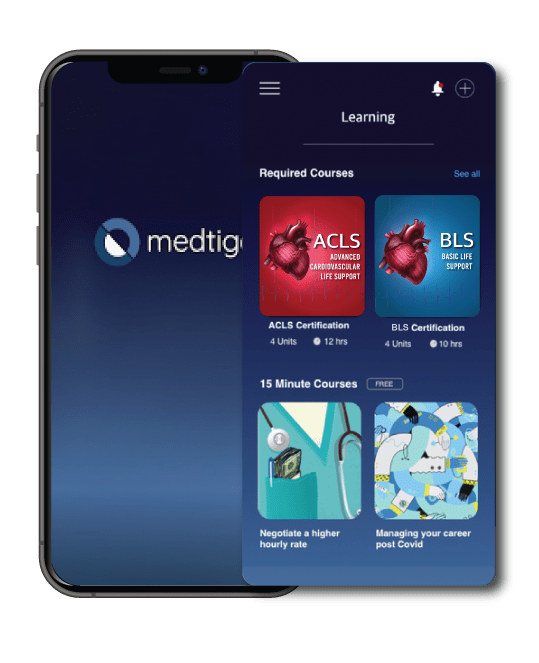There are researchers at the University of Chicago Medicine who aim to illuminate the struggles of people dealing with primary progressive aphasia (PPA) and to pioneer accessible treatment models. New studies they published recently show just how impactful PPA is on health-related quality of life (HRQoL) and how international telemedicine interventions are feasible potentially transforming care delivery and guiding policy.
PPA is a distinct type of neurological condition that primarily affects language skills, but more commonly known for dementia conditions like Alzheimer’s dementia. PPA is a relatively rare dementia,” Emily Rogalski, Mesulam Center for Cognitive Neurology and Alzheimer’s Disease, Northwestern University Feinberg School of Medicine, Chicago.
Thomas Hopkins, PharmD, MS, the first author of the study published in Alzheimer’s & Dementia: The study had a twofold goal: collecting detailed information about the quality of life of PPA individuals, and allowing for direct, objective comparisons of the effects of PPA as compared to other diseases, explained Translational Research & Clinical Interventions. Because the Health Utilities Index is a generic measurement, it can be used on any health condition, regardless of their similarity to the condition of dementia.
“Policy making, as well as how government allocates resources, really is dependent on these broad measures,” Hopkins said. This data can help make important decisions in research funding and prioritization, insurance regulation, and disability coverage, among other things. With the new evidence of PPA’s ability to impact middle-aged adults just the same as so many other disruptive diseases, each can become an advocate for research and care resources and support.
In this study, HRQoL was assessed in individuals with primary progressive aphasia (PPA, n = 118) using the health utilities index-2/3 (HUI2/3), considering overall scores, sex, and subtype. Multiple linear regression was employed to explore associations between HRQoL and language severity. The mean multi-attribute summary scores for the HUI2 and HUI3 instruments were 0.807 and 0.667, respectively, where 0.0 represents death and 1.0 indicates perfect health.
According to the disability categorizations of the HUI instruments, the mean HUI2 score suggests moderate disability, while the mean HUI3 score indicates severe disability. These scores were also evaluated for differences by self-reported sex and PPA subtype (semantic and non-semantic). No significant differences were found between the sexes for either HUI2 or HUI3 scores. However, both HUI2 and HUI3 summary scores showed significant associations (P ≤ 0.001) with western aphasia battery – aphasia quotient (WAB-AQ) scores after adjusting for covariates, indicating that less severe language impairment (higher WAB-AQ score) was linked to better functional capacity and higher HRQoL (HUI scores). For each 1-point increase in the WAB-AQ score, HUI2 increased by 0.0029 (P ≤ 0.001) and HUI3 increased by 0.0084 (P ≤ 0.001). Additionally, a significant difference was found between PPA subtypes, with non-semantic PPA showing higher HUI2 and HUI3 scores compared to semantic PPA, indicating poorer HRQoL for the semantic subtype (P = 0.016 for HUI2 and P = 0.004 for HUI3). These outcomes suggest that the HUI successfully captures HRQoL differences in domains most frequently affected by PPA, such as language and cognitive function, while less commonly impacting domains like self-care or pain. This shows that the HUI is sensitive to the specific impairments related to PPA.
Overall, this study establishes poor HRQoL in a relatively large PPA sample, with HRQoL scores correlating with the severity of language impairment. These conclusions can be used to advocate enhanced healthcare and policy support for PPA, as the HRQoL measures employed can be contextualized across various diseases.
Reference: Hopkins T, Kwon E, Lapins A, Gill N, Roberts A, Rogalski E. Assessment of disease impact through health‐related quality of life measurement in primary progressive aphasia. Alzheimer’s Dementia Transl Res Clin Interv. 2024;10(4):e12499. doi:10.1002/trc2.12499











